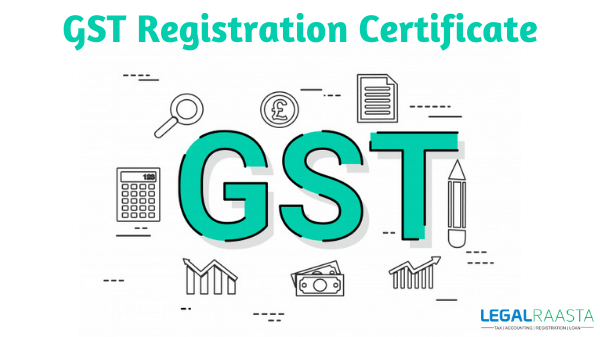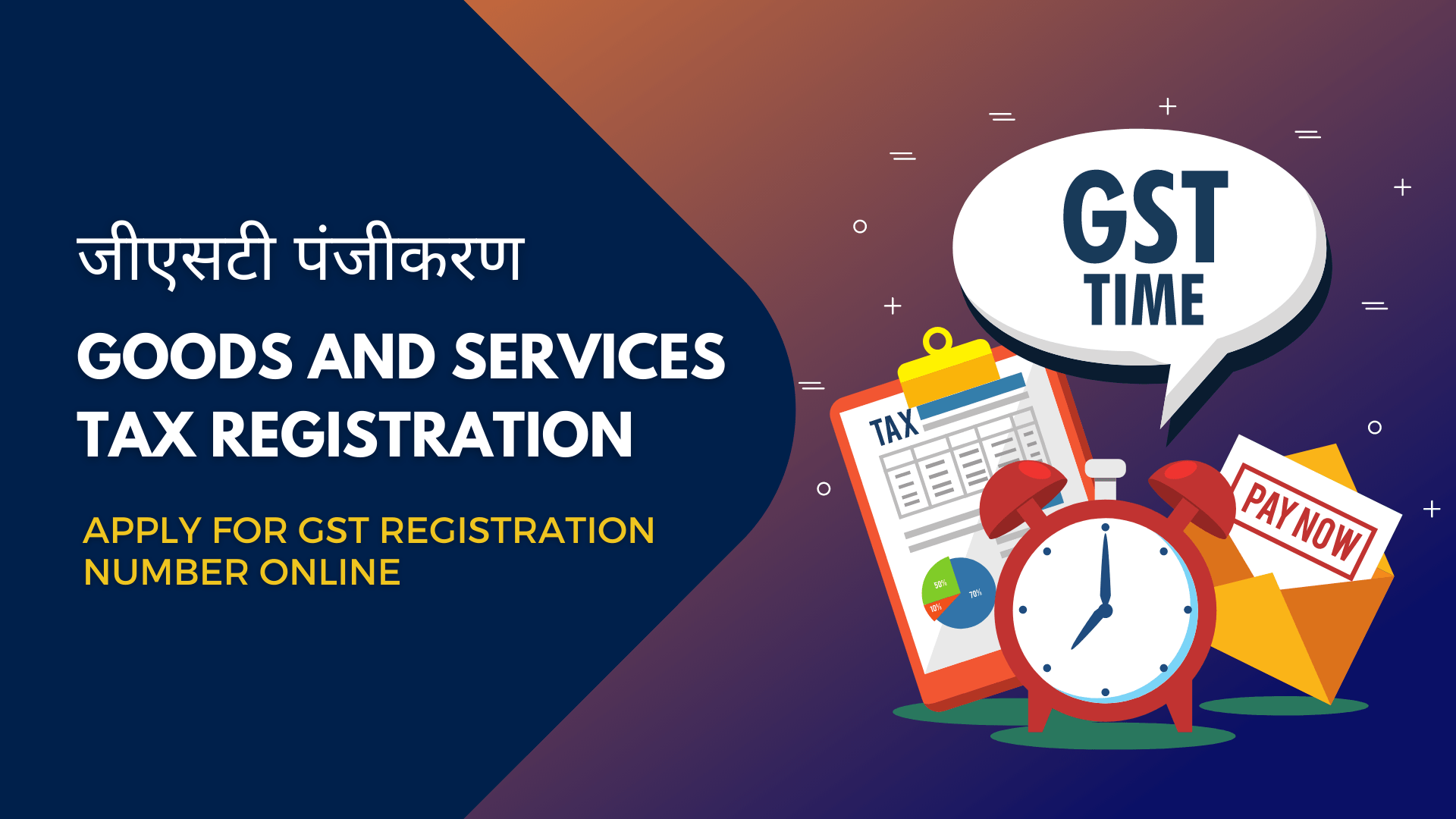Cost effective Choices for the Best GST Registration Services in Singapore
Throughout: The Ultimate Roadmap to GST Registration for Businesses Looking For Financial Security
Browsing the intricacies of Goods and Services Tax (GST) registration is an important action for companies aiming for monetary security. Damaging down the roadmap right into manageable steps can simplify the registration journey for organizations looking to enhance their monetary standing.
Comprehending GST Basics
Looking into the fundamental principles of Product and Solutions Tax Obligation (GST) is important for getting an extensive understanding of its effects on organizations and the economic climate. GST is a value-added tax levied on the majority of goods and solutions for domestic usage. It has actually changed several indirect taxes that existed in the pre-GST era, streamlining the tax obligation framework and improving ease of doing business in India. Under the GST system, both services and items are tired at a certain rate, which is determined based upon their classification. If their yearly turnover surpasses the threshold limit established by the government, organizations are needed to register for GST. Input Tax Obligation Credit Rating (ITC) is a significant attribute of GST, enabling services to assert credit rating for tax obligations paid on inputs, lowering the general tax worry. Comprehending the essentials of GST is important for businesses to conform with tax obligation policies, handle their finances effectively, and add to the country's economic development by joining a transparent tax obligation system.
Qualification Standards for Registration
As of the existing laws, the threshold limitation for GST registration is an annual aggregate turn over of 40 lakhs for companies operating within a state, other than for special category states where the limit is 20 lakhs. Furthermore, certain organizations are required to register for GST regardless of their turnover, such as interstate providers, laid-back taxed individuals, and companies accountable to pay tax under the reverse fee device. It is vital for businesses to completely analyze their turnover and deal kinds to determine their GST registration commitments precisely.
Papers Required for Registration
Having fulfilled the eligibility requirements for GST registration, companies have to now ensure they have the requisite papers in area to wage the registration process successfully. The records required for GST registration commonly include proof of service constitution, such as collaboration deed, registration certification, or consolidation certificate for different kinds of companies. In addition, organizations need to provide files establishing the primary area of organization, such as a rental arrangement or electricity bill. Frying pan card of business, as well as the identity and address evidence of promoters/partners/directors, are vital for confirmation objectives. Savings account statements, together with terminated cheques or a copy of the bank passbook, are required to validate the financial information supplied throughout registration. Additionally, companies should have digital trademarks all set for the accredited notary. Ensuring all these documents are arranged and easily available will certainly accelerate the GST enrollment procedure, making it possible for organizations to follow tax policies flawlessly.
Step-by-Step Registration Refine
Beginning the GST enrollment process includes a collection of organized steps to make sure a certified and smooth registration for businesses. Recommended Reading The initial step is to see the GST website and submit the registration form with exact information of the service entity. Following this, the candidate obtains a Short-lived Referral Number (TRN) which is made use of to resume the application procedure if it's not finished in one go.
Following, all required files according to the list supplied by the GST portal demand to be uploaded. These files generally include proof of service address, enrollment and identity evidence of marketers, financial statements, and organization entity's PAN card.

Post-Registration Compliance Guidelines

Final Thought
Finally, businesses looking for financial stability should understand the basics of GST, fulfill eligibility criteria, collect required documents, comply with the step-by-step registration procedure, and follow post-registration standards - Best GST registration services in Singapore. By sticking to these actions, companies can page make sure conformity with tax obligation policies and preserve monetary stability in the future
Additionally, certain services are called for to sign up for GST irrespective of their turnover, such as interstate distributors, casual taxed individuals, and organizations liable to pay tax obligation under the reverse cost device.Having actually fulfilled the eligibility requirements for GST registration, services must now guarantee they have the requisite records in location to proceed with the registration process efficiently. The records needed for GST registration typically consist of evidence of company constitution, such as partnership deed, registration certification, or consolidation certificate for different types of businesses. In addition, services need to offer papers developing the primary location of business, such as a rental contract or electricity expense.Commencing the GST enrollment procedure includes a collection of structured actions to guarantee a smooth and certified registration for services.